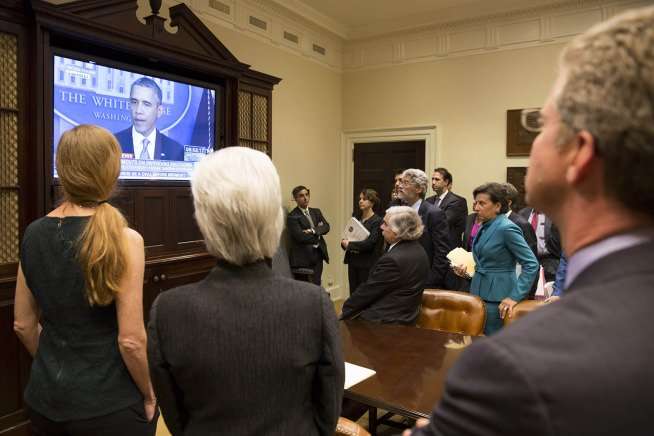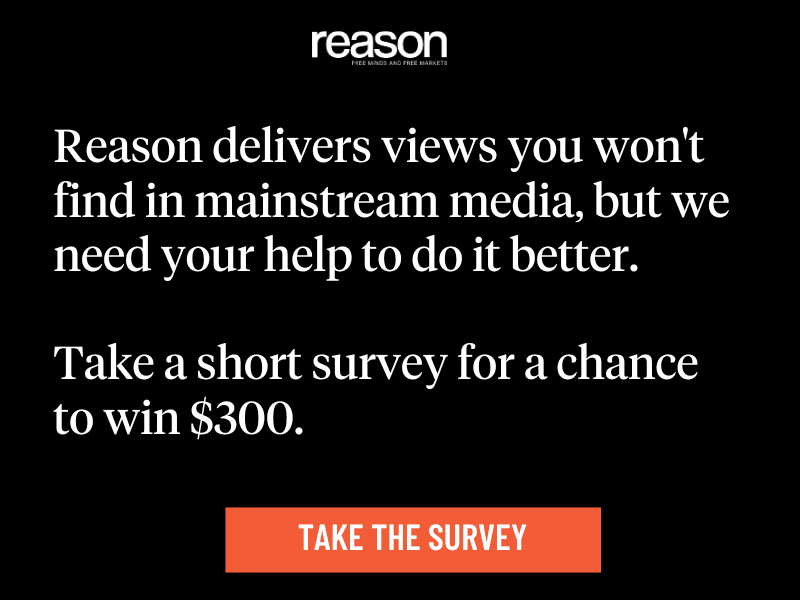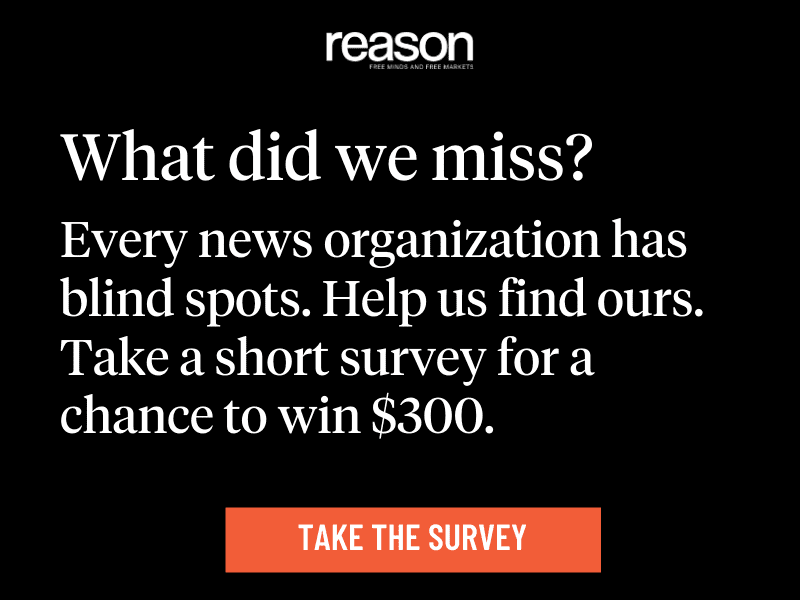"Most Transparent Administration in History" Called "Control Freak" by Journalists

President Obama may have boasted as recently as February that he oversaw "the most transparent administration in history" and the White House may continue to tout a commitment to "an unprecedented level of openness in Government," but the most transparent thing in the federal government these days is the fear of official retaliation government officials feel when approached by journalists. According to a new report from the Committee to Protect Journalists, the Obama administration actively discourages disclosures to the public, spies on officials to deter contact with journalists, and prosecutes leakers at an unprecedented level.
In "The Obama Administration and the Press," Leonard Downie Jr., former executive editor of the Washington Post, writes:
In the Obama administration's Washington, government officials are increasingly afraid to talk to the press. Those suspected of discussing with reporters anything that the government has classified as secret are subject to investigation, including lie-detector tests and scrutiny of their telephone and e-mail records. An "Insider Threat Program" being implemented in every government department requires all federal employees to help prevent unauthorized disclosures of information by monitoring the behavior of their colleagues.
Six government employees, plus two contractors including Edward Snowden, have been subjects of felony criminal prosecutions since 2009 under the 1917 Espionage Act, accused of leaking classified information to the press—compared with a total of three such prosecutions in all previous U.S. administrations. Still more criminal investigations into leaks are under way. Reporters' phone logs and e-mails were secretly subpoenaed and seized by the Justice Department in two of the investigations, and a Fox News reporter was accused in an affidavit for one of those subpoenas of being "an aider, abettor and/or conspirator" of an indicted leak defendant, exposing him to possible prosecution for doing his job as a journalist. In another leak case, a New York Times reporter has been ordered to testify against a defendant or go to jail.
"This is the most closed, control freak administration I've ever covered," David E. Sanger, veteran chief Washington correspondent of The New York Times, tells Downie.
According to Downie, the administration is adept at getting its message out via social media and the Internet—basically, bypassing the media to put its spin on policies and events. But in terms of actual disclosure of information necessary for understanding and assessing government activities, the administration regularly controls or denies access, especially when dealing with hostile media.
Downie writes, "The administration's war on leaks and other efforts to control information are the most aggressive I've seen since the Nixon administration."
Part of that war on leaks is the "Insider Threat" surveillance program intended to tighten internal surveillance and set government workers to observing each other for signs of…well…transparency with information, which is officially labeled "tantamount to aiding the enemies of the United States."
Revelations by Edward Snowden of NSA surveillance, as well as Justice Department snooping on Associated Press and Fox News reporters, have journalists assuming that their records and communications are considered legitimate targets by the government.
On the plus side, no Stasi. Yet.




Show Comments (172)